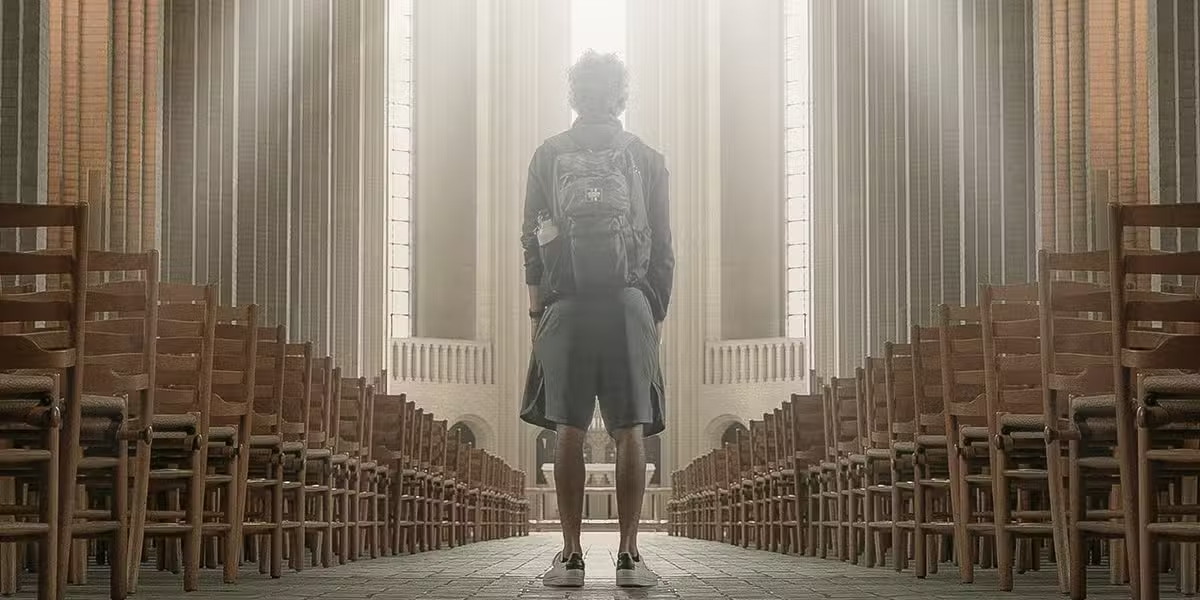February is Black History Month in the United States. As such, it’s a great time to recognize the contributions of Black Americans in the Catholic Church. Here are six Black women and men of faith who have each left a deep and lasting legacy in the Christian tradition.
Venerable Augustus Tolton
Augustus Tolton was born on April 1, 1854 to a father and mother who were both enslaved. In hopes of gaining the family’s freedom, his father escaped to the North to fight in the Civil War, where he was one of 180,000 Black soldiers who died as members of the Union Army. Augustus’ mother managed to cross the Mississippi River with her children and gain freedom in Illinois. Augustus grew into a deep love for the Catholic faith and desired to be a priest; when no seminary would accept a Black man, his local parish priests began his informal theological education.
Finally, in 1878, he was admitted to the Franciscan College in Quincy, Illinois, and after that studied for two years in Rome. Augustus was ordained in 1886 and served for two years in his hometown of Quincy before living out the rest of his ministry in St. Augustine’s Church (later to become St. Monica’s) in Chicago. He died at age 43 of heat stroke. Father Augustus Tolton was the first American Catholic priest publicly recognized as Black at the time of his ordination.
Servant of God Thea Bowman
Thea Bowman was born in 1937 in Mississippi and was raised Protestant until she informed her parents that she wished to become Catholic at age 9. Flourishing under the tutelage of the Franciscan Sisters of Perpetual Adoration, Thea grew to become both a mystic and an academic. She herself joined the Franciscan Order and also earned a PhD from the Catholic University of America before teaching at Xavier University, where she helped found the Institute for Black Catholic Studies.
Thea was so gifted in interracial connection that she was asked by the diocese of Mississippi to develop outreach to nonwhite communities and serve as an intercultural advisor. Thea was an outspoken advocate for the integration of non-European traditions within the Catholic Church, and frequently wore African dress and sang traditional African spirituals in her presentations. In 1989 she was invited to speak before the US bishops on the subject of Black presence in the Catholic Church and received a standing ovation at her speech’s conclusion. Only months later, Thea Bowman died of cancer at age 52.
Venerable Henriette DeLille
Henriette DeLille was born in 1812 in New Orleans as a free woman of color. At 24, she experienced a deep conversion of heart and decided to devote her life to God. Six years later, with the help of two friends, she cofounded the Sisters of the Holy Family as a religious order for African American women who desired to serve God by educating slaves, caring for the elderly, and tending to the sick. At the time of its founding in 1842, such an organization was not yet legal for African American women.
Henriette and her friends took in elderly women who needed daily care, and in doing so they opened the first Catholic home for the elderly in America. The Sisters of the Holy Family are also well known for their devout care of the victims of the yellow fever epidemics in New Orleans. Henriette DeLille died in 1862 at just 49 years old.
Venerable Pierre Toussaint
Pierre Toussaint was born in enslavement in Haiti in 1766 and moved to New York City with his master while in his twenties, where he was apprenticed to a hairdresser and found he was adept at the trade. His success grew as he styled the hair of many prominent white women, and upon his master’s death, he worked to support his master’s widow and fellow house slaves.
He was freed in 1807 and four years later married Marie Rose Juliette, whose freedom from slavery he had purchased. The couple adopted Pierre’s orphaned niece and went on to open their home to other orphans as well, educating them all. Pierre and Marie were known for nursing those sick with yellow fever and donating faithfully to many charities. Pierre outlived both his wife and daughter and developed a reputation for mercy, generosity, and his commitment to the Eucharist through daily mass. He died in 1853.
Servant of God Mother Mary Lange
Mother Mary Lange was born Elizabeth Lange in 1784 in Cuba to refugee parents from San Domingue. In the early 1800s the young woman immigrated to the United States, where she settled in Baltimore and learned that there was no option of free public education for Black children in Maryland. Burdened by the need, she began educating the children of the Haitian refugees and former slaves in her community out of her own home.
Elizabeth cherished the opportunity to devote her life to God through serving society’s most vulnerable children. In 1829 she founded the Oblate Sisters of Providence and as the Mother Superior, she took the name Mary. The sisters housed and educated orphans, nursed the terminally ill during the cholera epidemic of 1832, and took in the elderly. The Oblates were the first official religious order for women of color in the United States. Mother Mary Lange, the first African American Mother Superior in the nation, died in 1882.
Servant of God Julia Greeley
Julia Greeley was born into slavery in Hannibal, Missouri, sometime between 1833 and 1845. As a small child, her right eye was permanently damaged by a slave owner’s whip. After gaining freedom through the Emancipation Proclamation of 1863, Julia traveled state to state with the white families for whom she worked, finally settling in the Denver area, where she lived independently by finding odd jobs around the city.
Julia became known for her sacrificial giving to those in poverty. Despite having very little herself, she devoted much of her time collecting food, clothing, and other necessities for those who had even less. Julia became Catholic in 1880 at the Sacred Heart parish in Denver and had a deep devotion to the Sacred Heart of Jesus, distributing Sacred Heart literature at fire stations all over Denver and talking to firefighters about the love of God. In 1901 she became a member of the Secular Franciscan Order. Julia Greeley died in 1918 on June 7—the feast of the Sacred Heart of Jesus, which she loved so much.








